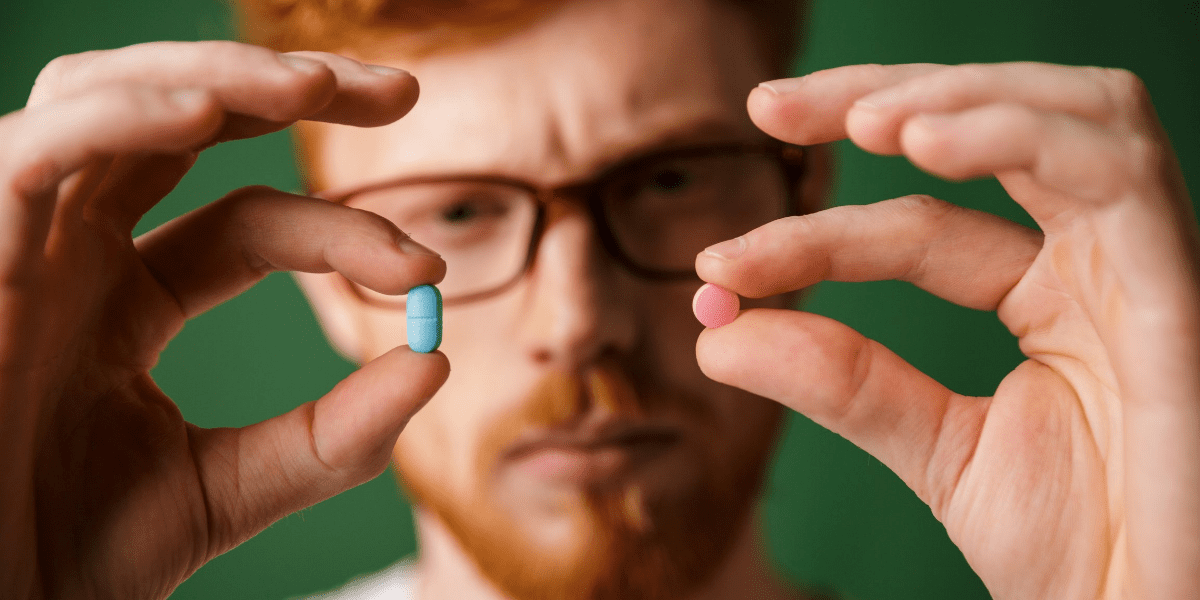The college and university experience can be a very positive one. At the same time, there can be a lot of pressure to succeed and achieve. Many students take study drugs as a solution, but this trend carries significant danger and risk.
What Are Study Drugs?
The term “study drug” or “smart drug” refers to the misuse of prescription stimulants used to treat ADHD by college or university students to enhance focus and alertness. Students taking these drugs do so in order to help them achieve more at school.
The most popular brand names of study drugs include:
- Ritalin
- Vyvanse
- Adderall
- Focalin
- Concerta
- Dexedrine
- Modafinil
The above drugs are typically prescribed for individuals with conditions such as narcolepsy or attention-deficit/hyperactivity disorder. In these individuals, prescription drugs can help improve focus and behaviour in school, as well as help with the completion of assignments.
How Popular Are Study Drugs at Colleges and Universities?
Many studies have revealed that a high number of post-secondary students are buying prescription medications like Ritalin from peers who have valid prescriptions to enhance their academic performance.
A 2018 national survey on the prevalence of study drugs at post-secondary institutions revealed a sobering statistic—1 in 5 students were using them, despite knowing the risks of doing so.1
There is a strong perception that study drug users learn and retain more information, stay awake for longer and achieve better focus.
Another reason for their popularity is that study drugs are easy to obtain on college campuses; with the number of prescriptions increasing to millions in years past, they are more available than ever before.
Why the Prevalence of Study Drugs Is So Dangerous
Study drugs can have the short-term effect of increasing concentration and focus. However, the fact that so many students believe they are harmless, coupled with the fact that these substances are so prevalent on college and university campuses make these drugs incredibly risky to take.
As well, the lack of knowledge surrounding study drugs also increases their danger. A doctor who prescribes a drug to a patient to treat attention-deficit/hyperactivity disorder will do so starting with a low dose. If the patient requires a higher dose, the prescription will be increased very gradually.
However, students who take study drugs without medical advice often do so at the full dosage amount. This is incredibly dangerous, because it can result in:
- Increased blood pressure
- Seizures
- Erectile dysfunction and loss of sex drive
- Anxiety
- Irregular heartbeat
- Stroke
- Heart failure
- Headaches
- Problems sleeping
- Loss of appetite
Once the drug wears off, a person may feel depressed or agitated, or may experience mood swings, mental health issues or erratic behaviour. Long-term substance abuse can also cause:
- Lung damage leading to respiratory problems
- Permanent blood vessel damage
- Liver and kidney injury
- Decreased immune response
- Psychosis
- Overdose and death
More of a drug over time may be needed to achieve the desired effect. This can develop into abuse and addiction, which significantly increases risk to physical and mental health.
It’s also illegal to buy, sell or give a prescription drug to anyone other than the person they were prescribed for. Getting caught can lead to thousands of dollars in fines and inability to receive financial aid and suspension, to name a few.
Symptoms of Study Drug Addiction

If you or a loved one has been misusing ADHD medication, the first step is knowing the signs of dependence and addiction. Experiencing any of the following indicates the need for professional addiction treatment:
- Changes in sleep habits
- Periods of intense high energy
- Periods of intense fatigue after “coming down”
- Trying to stop, but being unable to
- Experiencing cravings when stopping use
- Withdrawal symptoms including thoughts of suicide and depression
Gateway Recovery Centre Can Help
Study drugs may not seem dangerous, but taking them can lead to addiction, and can cause lasting physical, mental and emotional damage. If you or someone you love is a man who is concerned about the negative effects of using attention-deficit/hyperactivity disorder (ADHD) drugs, Gateway Recovery Centre can help.
Designed exclusively for military, veterans and first responders, our prescription drug addiction and health services program focuses on harm reduction and whole-body health. Clients live on-site in luxury accommodations as they receive treatment from our world-class team of fitness experts, psychotherapists, addiction counsellors and other professionals.
If you are struggling with prescription drug addiction, you’ll find help and hope at Gateway Recovery Centre. Take the first step today by calling 1-705-535-0636.
Sources:




